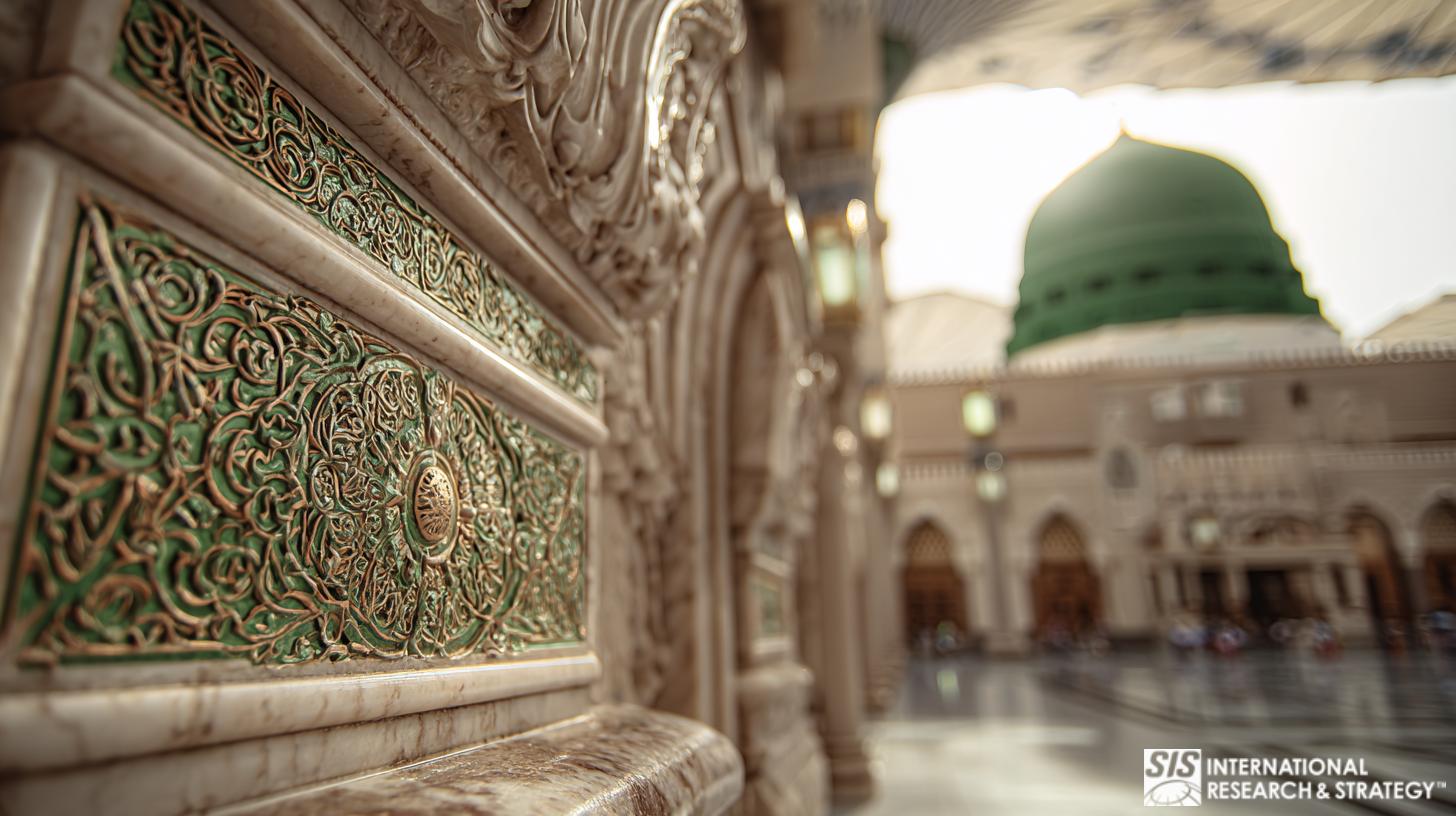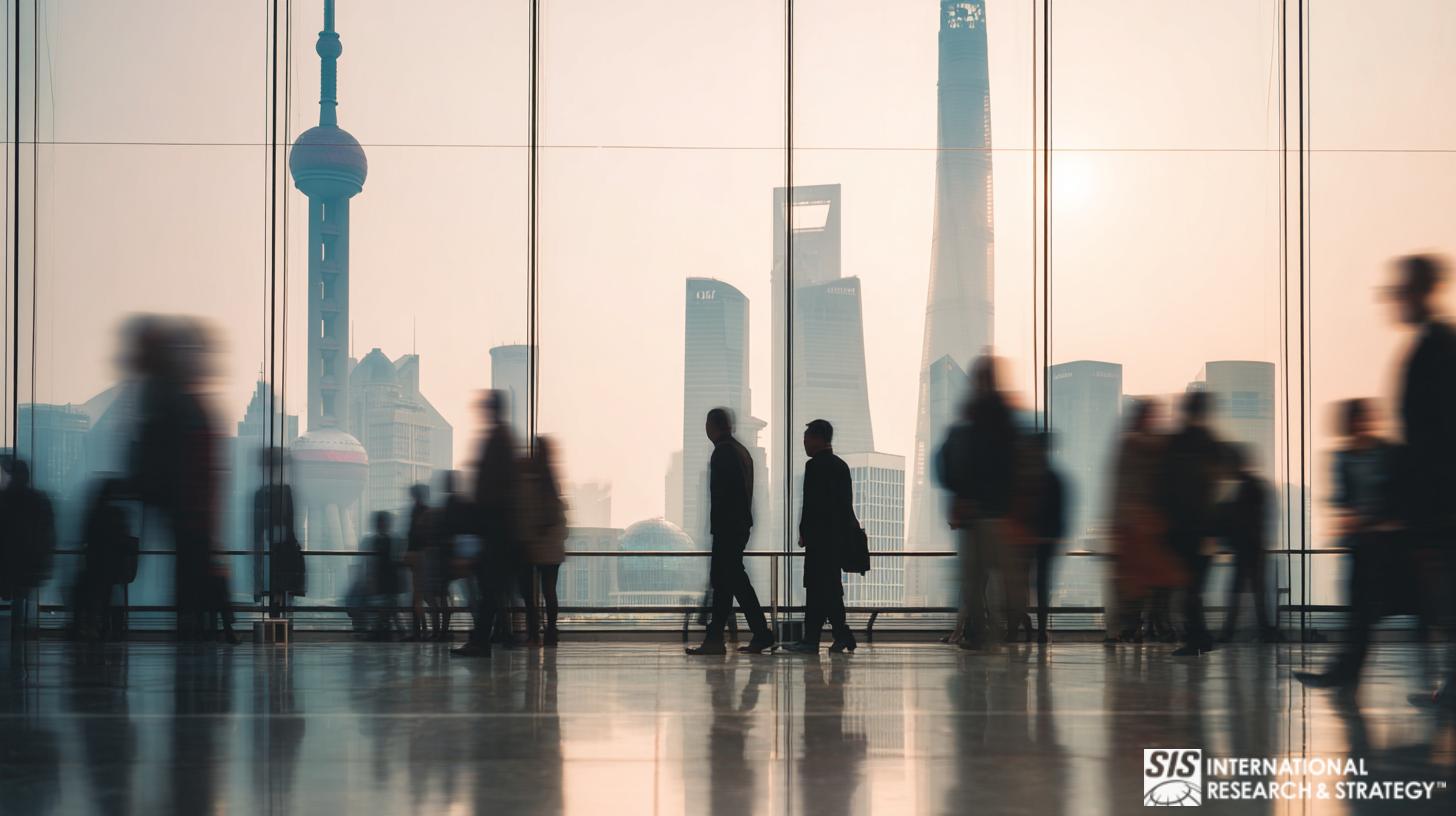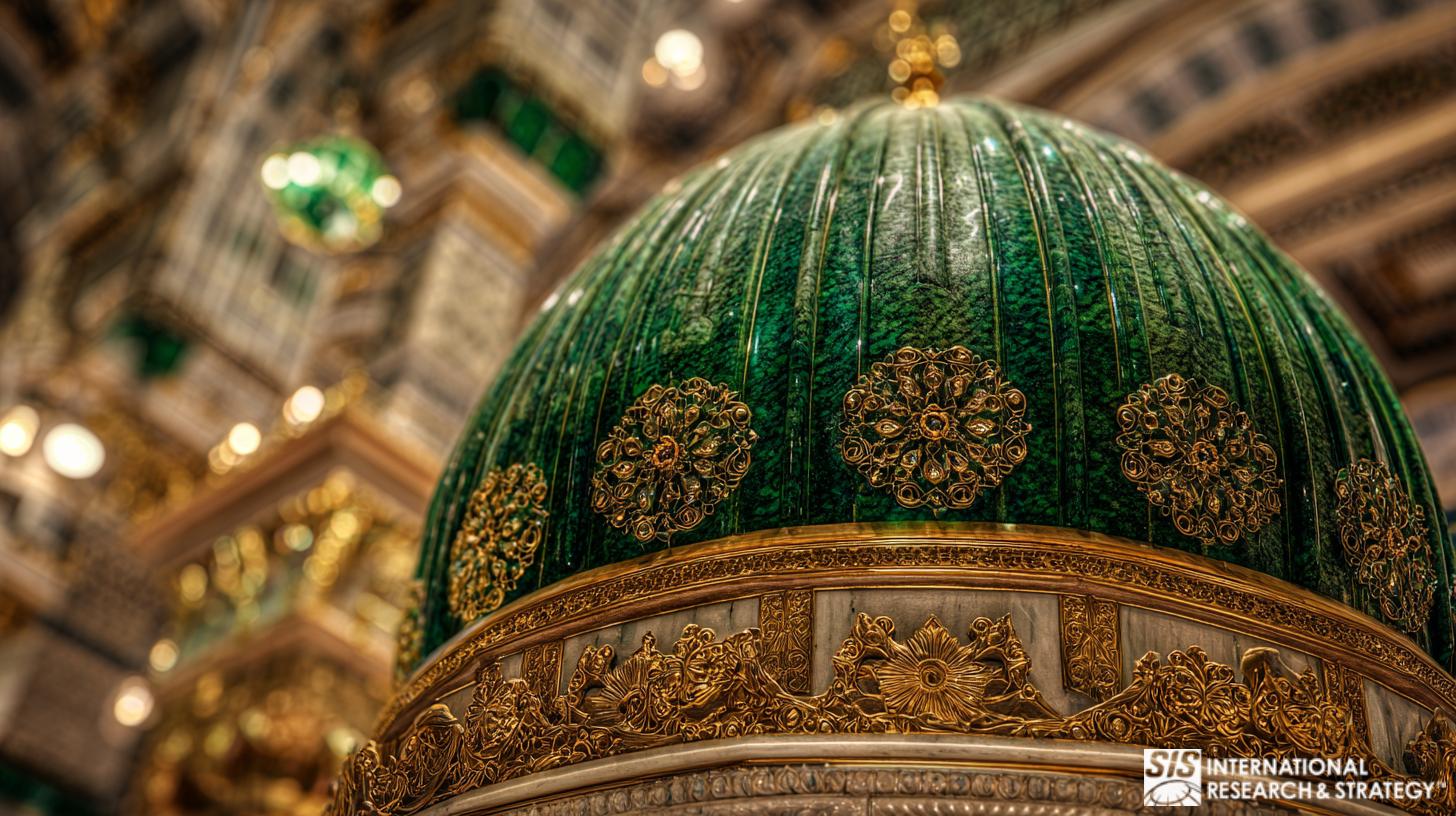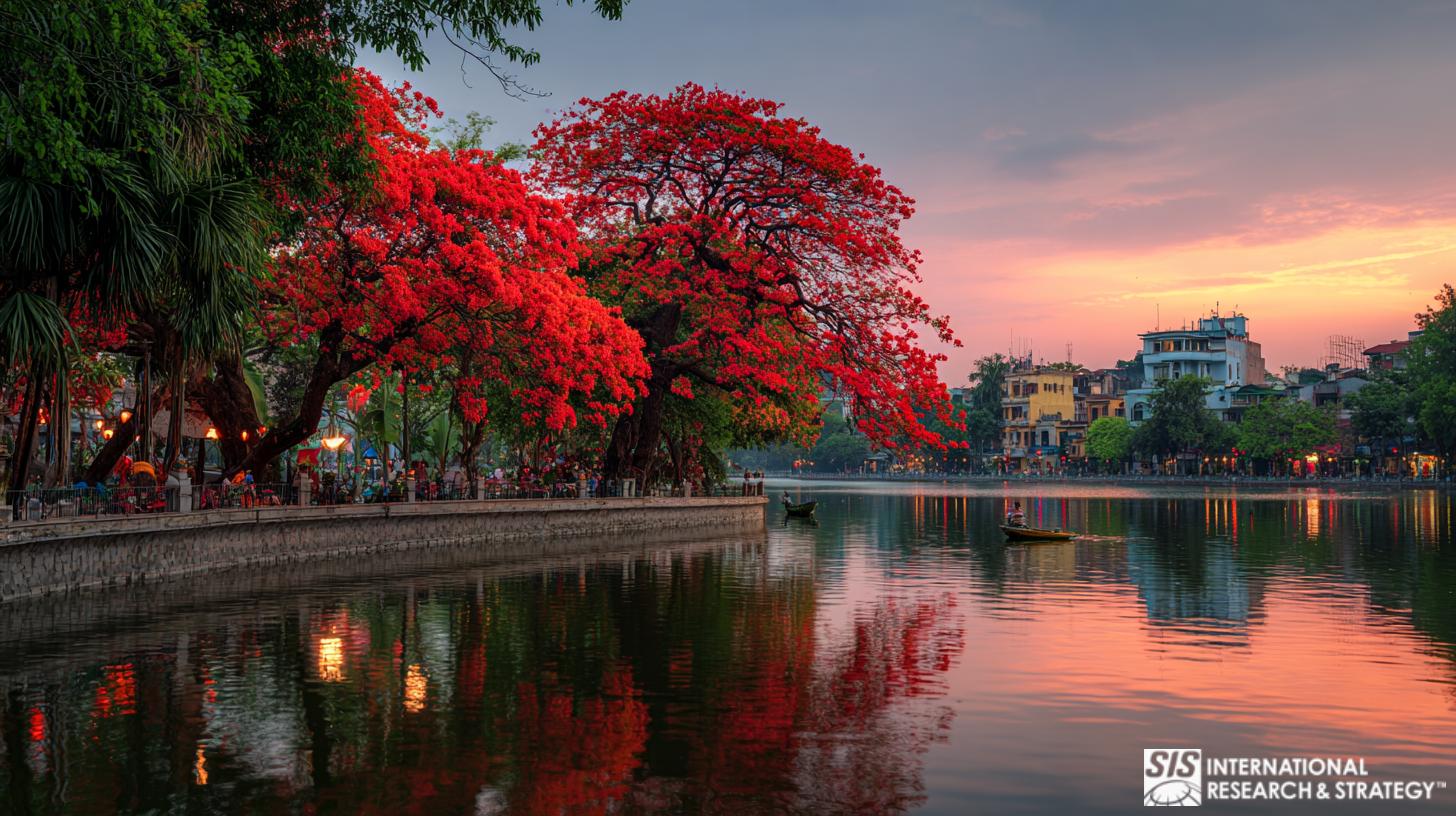The Islamic industry has grown dramatically since the 1960s into a multinational industry with a substantial impact on global finance. This sector largely involves religious (Shari’ah) and cultural norms into its mission, transactions and processes. Intending to promote the public good, Islamic banking forbids usury, interest-based financing and profits from alcohol, tobacco and pornography.
It accounts for more than $250 billion dollars, and has grown at least 10% each year during the past ten years. Supporting this extensive growth is oil windfalls from Islamic countries and the fact that the Islamic population (around 1.5 billion) is growing at one of the fastest paces. Currently, only about 300 Islamic banking institutions and European banks like HSBC and BNP Paribas are already in this market. Growth opportunities abound for these companies, and many Islamic Banks have already listed on the London Stock Exchange. Foreign banks, operating in countries with Muslim populations.
The Islamic banking sector reaches a growing segment of the world’s population that seeks alternative financial services. Furthermore, investments in these banks offer some protection from global financial shocks. For instance, Islamic banks were unaffected by the financial shock after September 11.
Estimates forecast that Islamic banks could manage as much as half of all Muslims’ individual savings worldwide in a decade. The industry also caters to a large number of high net worth individuals (HNWIs) given the prosperity in the Gulf region and provide financing to large-scale construction projects in emerging markets. Not only could it possibly give foreign banks a larger reach into the Islamic world and exposure to large deposits in Gulf countries, but also it conceivably opens them to Muslim communities in their own respective countries.






